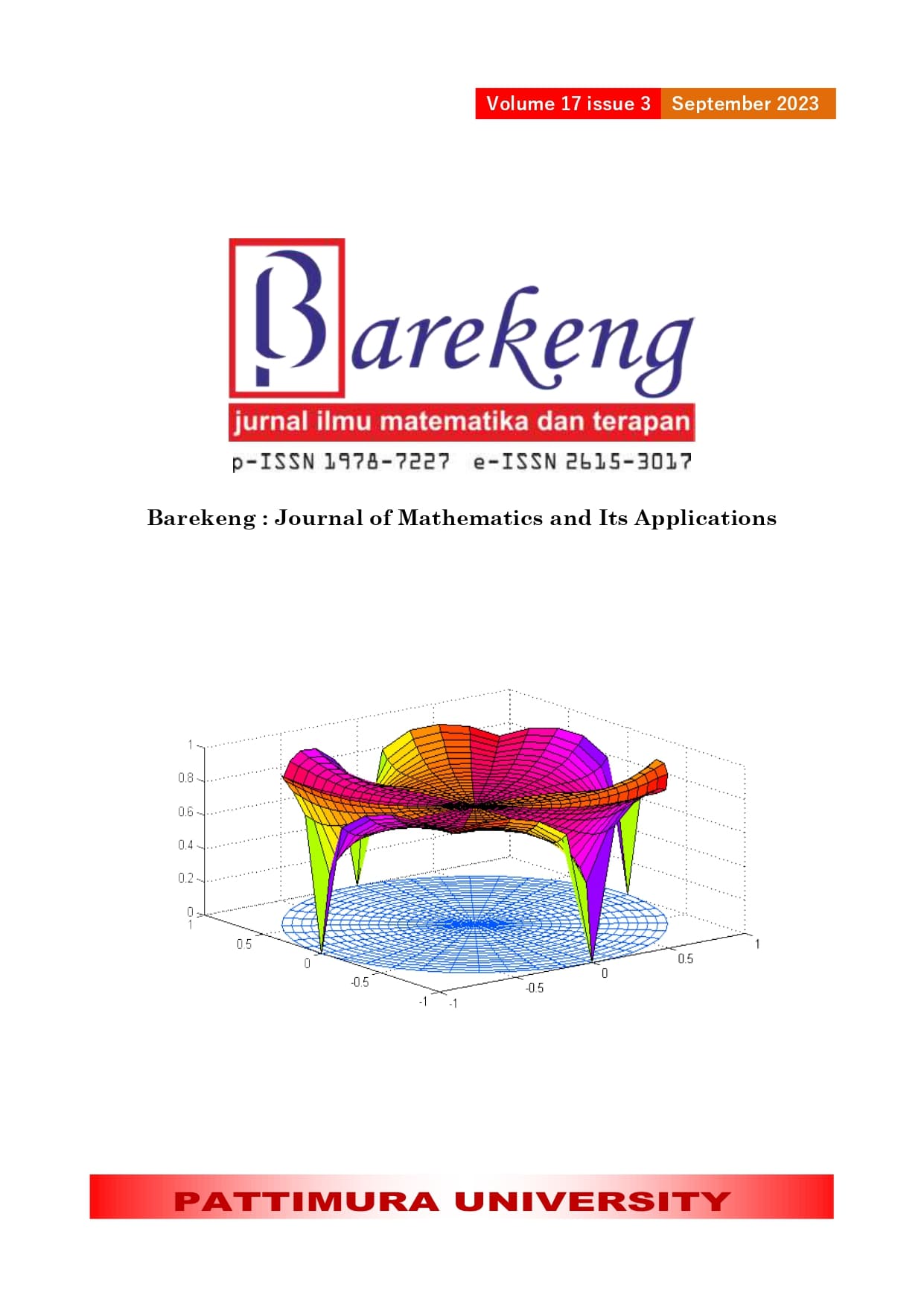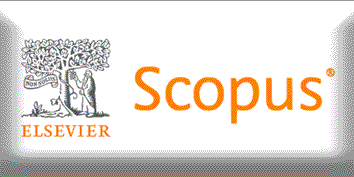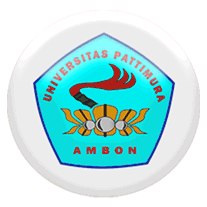CATEGORICAL ANALYSIS TO PERCEPTIONS OF GOVERNMENT POLICY IN ELECTRICITY FUEL MANAGEMENT AS ALTERNATIVE TO SUBSTITUTE OIL FUEL USING CHI-SQUARE TEST
Abstract
The scarcity and increase in world oil prices is a tough dilemma that must be responded to by the Indonesian government. In order to prevent fuel consumption from swelling, the government plans to reduce fuel subsidies. The plan certainly has many positive impacts, including savings on government finances so that they can be diverted to fund other programs that are more effective and on target. These savings are also useful in reducing the budget deficit, controlling the consumption of fuel oil, and saving non-renewable natural resources. It is appropriate for the state to think hard about switching energy to New and Renewable Energy (EBT) so that people's dependence on fossil energy consumption can be shifted. Therefore, this study aims to determine the current public perception of government policies in the management of fossil fuel energy so that they can be considered by the government in making comprehensive policy decisions. The data used in this study is in the form of primary data obtained from respondents with a population of Indonesian people and collected online through a questionnaire. The data analysis method in this study used the independence test with the chi-square test on categorical data. The results of this study indicate that there is a relationship between the level of public perception of the basic policy of managing electric fuel with the last level of education, type of work, and the area of the population.
Downloads
References
S. T. P. Covid-19, “Covid.go.id,” 2022. [Online]. Available: https://covid19.go.id/id/peta-sebaran. [Accessed 3 November 2022].
PASPI Monitor, “Ancaman Resesi Ekonomi Dunia 2022-2023 dan Dampaknya Pada Industri Sawit,” Palm Journal, vol. 3, no. 9, pp. 299-304, 2022.
Gusti, “Peneliti UGM Soroti Kebijakan Harga BBM dan Tata Kelola Pendistribusian BBM Bersubsidi,” 2022. [Online]. Available: https://ugm.ac.id/id/berita/22972-peneliti-ugm-soroti-kebijakan-harga-bbm-dan-tata-kelola-pendistribusian-bbm-bersubsidi. [Accessed 3 November 2022].
IMF, “World Economic Outlook: War Sets Back the Global Recovery,” International of Monetary Fund, 2022.
D. F. Rahman, “Pengangguran akibat Covid-19 Mayoritas Berusia 25-44 Tahun,” Katadata, 2022. [Online]. Available: https://databoks.katadata.co.id/datapublish/2022/05/10/pengangguran-akibat-covid-19-mayoritas-berusia-25-44-tahun. [Accessed 3 November 2022].
R. Hidayat, “Belum Ada Urgensi Kebijakan Konversi Kompor Listrik,” hukumonline.com, 2022. [Online]. Available: https://www.hukumonline.com/berita/a/belum-ada-urgensi-kebijakan-konversi-kompor-listrik-lt63327779aca8b?page=3. [Accessed 3 November 2022].
M. Nasution, “Bahan Bakar Merupakan Sumber Energi yang Sangat Diperlukan dalam Kehidupan Sehari Hari,” Journal of Electrical Technology, vol. 7, no. 1, 2022.
E. Rivani, Kebijakan Subsidi BBM dan Efisiensi Perekonomian, Indonesia: DPR RI, 2022.
Indonesia, B. P. P. N., and Nasional, B. P. P., Buku II RPJMN, Indonesia: Bappenas, 2019.
R. G. Hrp, and N, Aslami, “Analisis Dampak Kebijakan Perubahan Publik Harga BBM terhadap Perekonomian Rakyat Indonesia,” JIKEM: Jurnal Ilmu Komputer, Ekonomi, dan Manajemen, vol. 2, no. 1, pp. 1464-1474, 2022.
M. Maryono, H. Hamzah, and A. Amiluddin, “Aplikasi Analisis Korespondensi untuk Melihat Karakteristik Usaha Pariwisata di Provinsi Bali,” E-Jurnal Matematika, vol. 6, no. 2, pp. 48-48, 2020.
D. Yuliani, S. Saryono, D. Apriani, Ro. Maghfiroh, Mauli, “Dampak Kenaikan Harga Bahan Bakar Minyak (Bbm) Terhadap Sembilan Bahan Pokok (Sembako) Di Kecamatan Tambun Selatan Dalam Masa Pandemi,” Jurnal Citizenship Virtues, vol. 2, no. 2, pp. 320-326, 2022.
A. Agresti, An Introduction to Categorical Data Analysis, New Jersey: John Wiley & Sons, 2018.
N. M. Janna, Variabel dan Skala Pengukuran Statistik, OSF Preprints, 2020.
I. Ghozali, Aplikasi Analisis Multivariate dengan Program IBM SPSS 25, Yogyakarta: Universitas Diponegoro, 2018.
Goudie, F., Delden, A.V., & Waal, T. D., "Quality measure to evaluate statistical matching methods". In Conference on New Techniques and Technologies for Statistics, Vol. 6, No. 10, 2023.
Sari, M., Rachman, H., Astuti, N. J., Afgani, M. W., & Siroj, R. A. "Explanatory Survey Dalam Metode Penelitian Deskriptif Kuantitatif". Jurnal Pendidikan Sains Dan Komputer, 3(1), 10-16, 2023.
Sharfina, S., Ginanjar, I., & Purwandari, T., "Pengelompokkan Kecamatan Di Kabupaten Bandung Berdasarkan Asosiasi Variabel-Variabel Pengelolaan Sampah Menggunakan Metode Analisis Korespondensi Berganda". E-Journal BIA Statistics| Departemen Statistika FMIPA Universitas Padjadjaran, 2023(1), 81-89, 2023.
Copyright (c) 2023 Nur Chamidah, Naufal Ramadhan Al Akhwal Siregar, Muhammad Fikry Al Farizi, Bagas Shata Pratama, Atikah Faiza, Muhammad Hilmi Fibryan

This work is licensed under a Creative Commons Attribution-ShareAlike 4.0 International License.
Authors who publish with this Journal agree to the following terms:
- Author retain copyright and grant the journal right of first publication with the work simultaneously licensed under a creative commons attribution license that allow others to share the work within an acknowledgement of the work’s authorship and initial publication of this journal.
- Authors are able to enter into separate, additional contractual arrangement for the non-exclusive distribution of the journal’s published version of the work (e.g. acknowledgement of its initial publication in this journal).
- Authors are permitted and encouraged to post their work online (e.g. in institutional repositories or on their websites) prior to and during the submission process, as it can lead to productive exchanges, as well as earlier and greater citation of published works.






1.gif)



